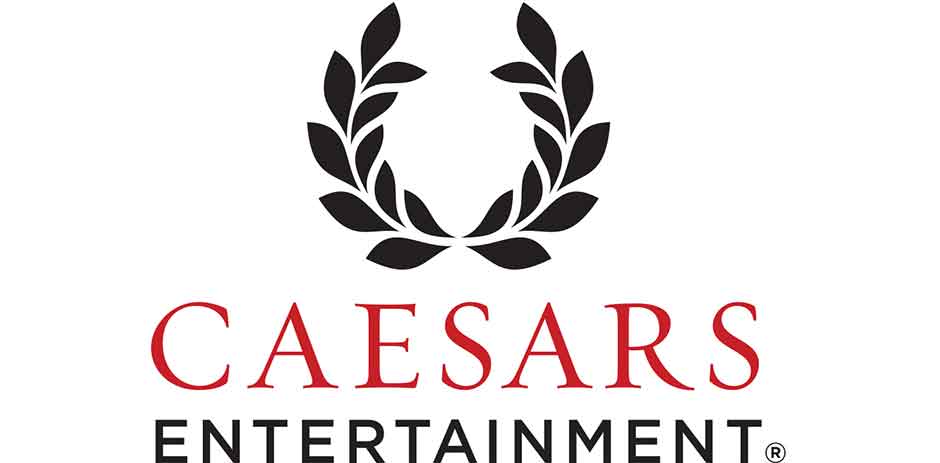Caesars Drops Its Bid for Integrated Resort in Japan

Renowned Las Vegas-based gaming and hospitality company Caesars Entertainment Corporation has announced that it will no longer be pursuing its plans to acquire one of the three highly coveted integrated resort (IR) licenses that are to be awarded to worthy operators in Japan. The behemoth gambling operator has now shifted its focus on its current business plans which happens to consist of a merger with Eldorado resorts that is set to close in 2020.
According to the Caesars management, the decision to pull back from its bid to compete for one of the integrated resorts (IR) licenses was out of sensitivity to both the company’s business partners as well as the country’s government. Apparently, it would seem that Caesars did not want to string its partners and the Japanese government along with a relatively underwhelming bid if they hoped to eventually much stronger in the future.
“As Caesars has pursued a license to operate in Japan over many years, we have been treated with respect and goodwill by the Japanese government, business and community leaders, and with kindness, by all the Japanese people we have encountered during this journey,” Jim Hunt, the company’s chairman said.
Caesars Entertainment becomes the first huge international gambling operator to withdraw from the very competitive race for a casino license in the country.
Japan’s Venture into the World of Gambling
Till recently, Japan was not always friendly to the idea of gambling and the activity remained illegal for a very long time. Now, the Japanese government has had a change of heart and it believes that integrated resorts – large scale casino resorts consisting of hotels, shops, conferences facilities as well as gambling offerings – are going to be an economic stimulus for the country. They are also of the belief that it will be a way of boosting international tourism.
With the government’s focus on the revenue from the aforementioned international tourism, convention centers, and meeting spaces, a casino in the country will cost upward of $10 million. As such, only the biggest casino operators may be able to get the license to operate in the country.
Caesars has withdrawn itself from the race just when the country’s plan for its casino industry is beginning to take shape and become much clearer. As it stands, the operators and municipalities are now waiting for the national government to appoint a casino control commission and then release guidelines on how the sites of the integrated resorts and operators are to be chosen.




